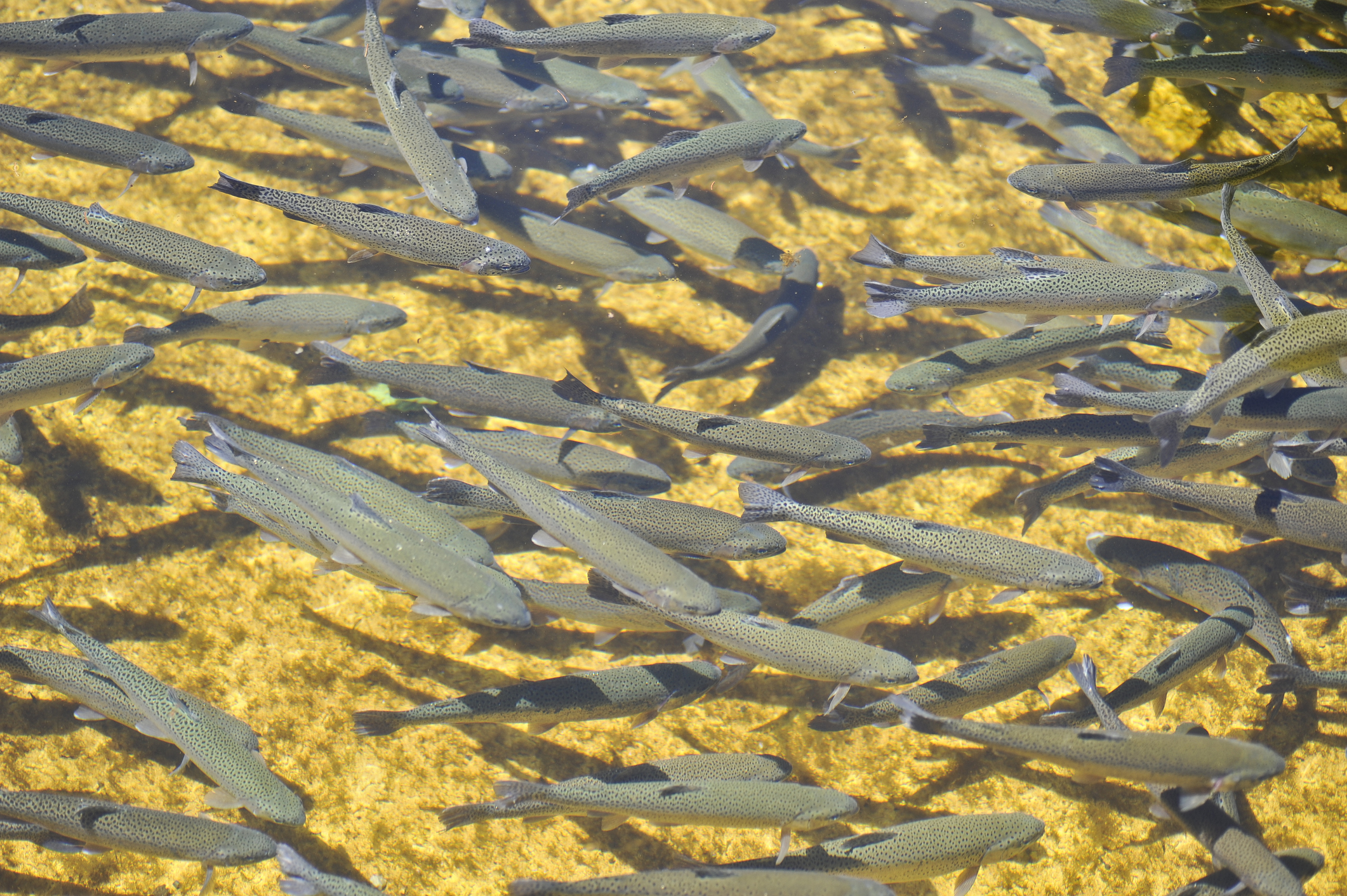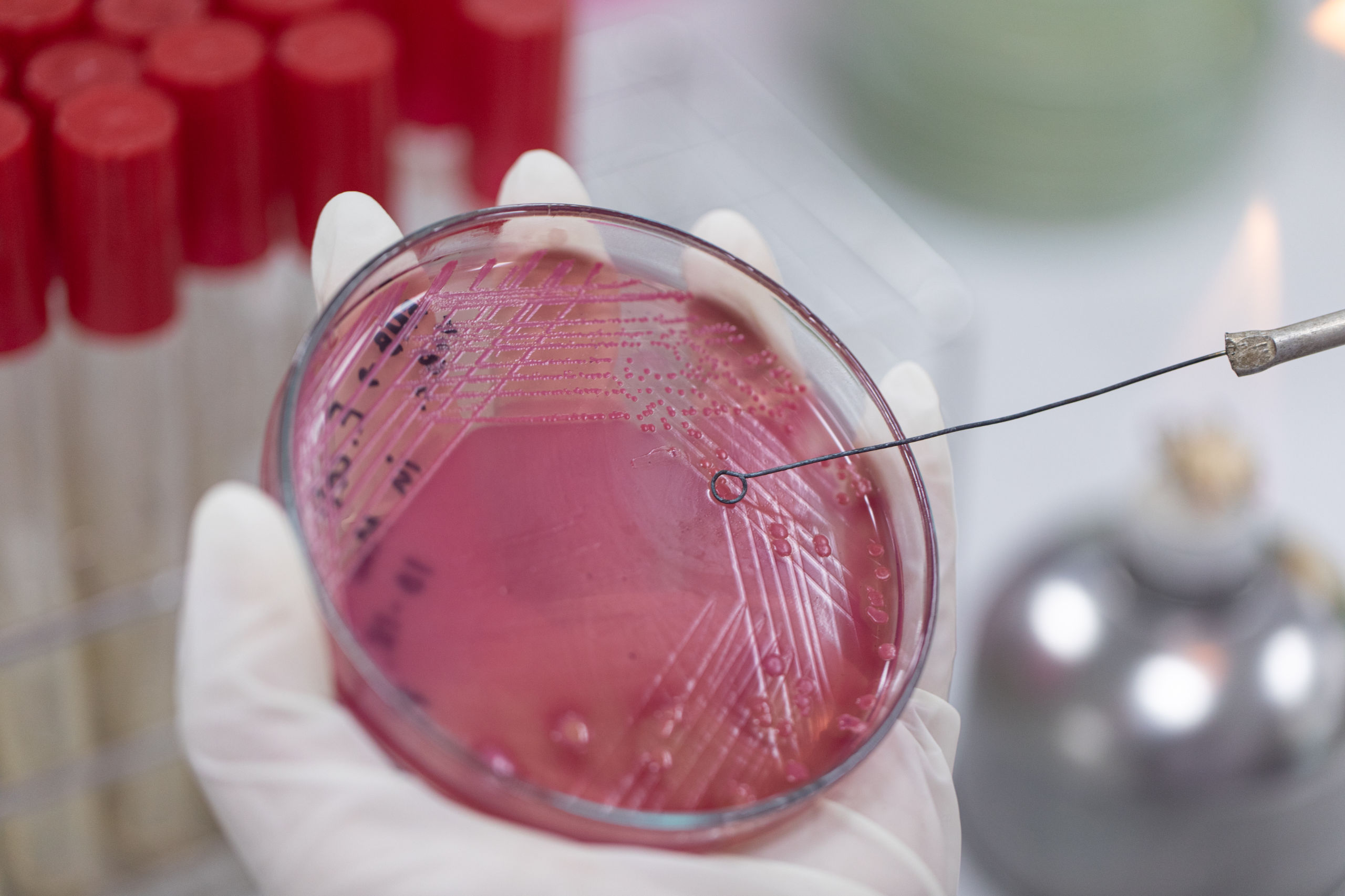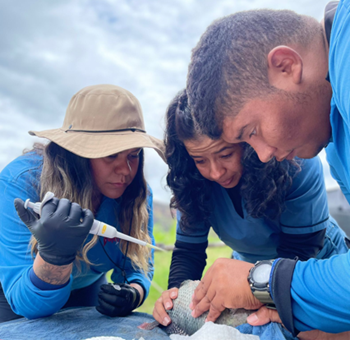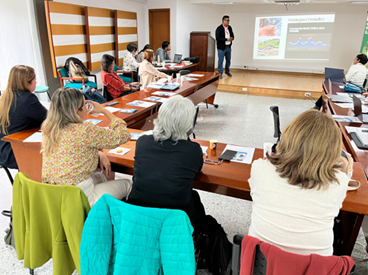Aquaculture, like other livestock practices, requires the use of antibiotics to treat bacterial diseases when they occur. However, the effectiveness of these antimicrobial treatments is limited by several factors: diagnostic accuracy and timeliness, the limited availability of registered antimicrobial products for aquatic animals and, increasingly, by the growing impact of antimicrobial resistance (AMR). Against this backdrop, the need for alternatives to antimicrobials becomes critical.
Alternatives to antimicrobials include a variety of tools and strategies that allow preventing or treating diseases without using antibiotics. Some of them are:
Despite their potential, the use of these alternatives faces technical, regulatory, logistical and economic challenges, especially in aquatic species of low commercial value, where the cost or lack of availability of vaccines discourages their adoption.
To address these barriers, the World Organization for Animal Health (WOAH) has launched the REASONS project (impRoved accEss And legiSlation tO veteriNary productS) focused on improving access and legislation related to alternative veterinary products in freshwater aquaculture. The project will be implemented in Brazil, Colombia and Mexico.
The project seeks to:
The initial step of the project took place in Colombia where, with the objective of describing the level of progress in research and development of alternatives to antimicrobials, identifying challenges and solutions to improve their use, WOAH and the Colombian Agricultural Institute (ICA) brought together national key stakeholders in Bogota on August 5-6, 2025. This event marked the official launch of the REASONS project in one of the beneficiary countries.
Representatives from academia, the regulatory body, veterinary product manufacturers and aquatic animal producers participated and worked together to identify viable and inclusive solutions from a gender perspective.
‘REASONS represents a key opportunity to foster a more sustainable, equitable and resilient aquaculture in the face of the global threat of antimicrobial resistance,’ highlighted Dr Viviana Zamora Pineda, deputy manager of animal protection at the Colombian Agricultural Institute (ICA) and Colombian Delegate to WOAH. ‘Boosting access to effective alternatives not only improves animal health, but also strengthens local value chains and reduces public health risks.’
More information:
The REASONS Project is funded by the International Development and Research Center (IDRC) and is implemented in cooperation with two WOAH’s Collaborating Centres: the Centre for Antimicrobial Stewardship in Aquaculture (CASA) and the Center for Genetic Engineering and Biotechnology (CIGB).



